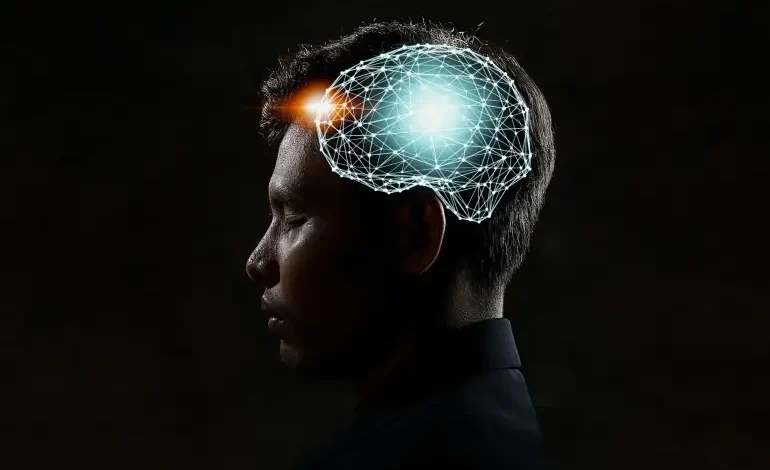Scientists innovate artificial intelligence to assess mental health through facial expressions

German researchers have developed a method for identifying psychiatric disorders based on facial expressions interpreted and analysed by an innovative AI program; According to a report by Deutsche Welle.
The new AI program can distinguish between people who are not infected or affected by an imbalance, and can correctly distinguish between cases of depression and schizophrenia, as well as the degree to which the patient is currently affected by the disease.
The researchers presented a composite image representing the control group of their tests on patients with mental disorders and the identities of several people are blended during the testing period to assess the program’s efficiency.
Doctors say that individuals with emotional disorders tend to raise eyebrows, pay sharp glances, swollen faces, lips or dangling cheeks.
To protect the patient’s privacy, these expressions were made available to support the idea of the programme’s work.
The study was published as “The Face of Emotional Disorders” and participated in experiments 8 researchers from a wide range of institutions from the private and public medical research sector, published on the website of the Department of Computer Research and Identification Models at Cornell University of America.
So far AI has been used to recognize the impact of these facial imbalances, mainly as a potential tool for major diagnosis.
The new approach also offers an easy-to-follow way to assess patients’ progress during treatment, or in their local environment to monitor changes.
The researchers called this technique “Opto Electronic Encephalography”, a method in which a physician or specialist does not communicate directly with the patient, but rather concludes the mental state by analysing the image of the face rather than by positional sensors or radiography-based medical imaging techniques.
Data were collected from 100 patients of both sexes at the University Hospital in Aachen, along with a standard monitoring group of 50 healthy people, of whom 35 were schizophrenic and 65 were depressed.





